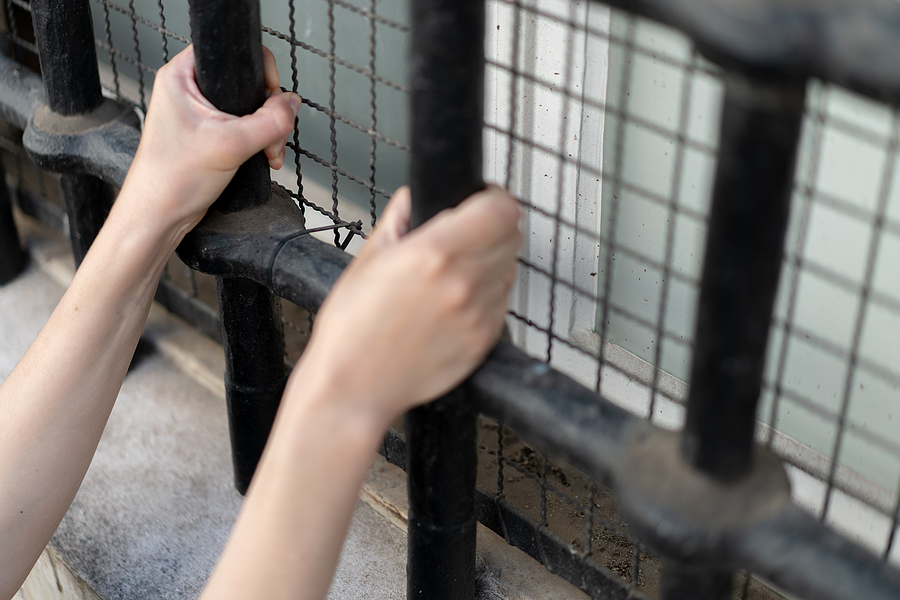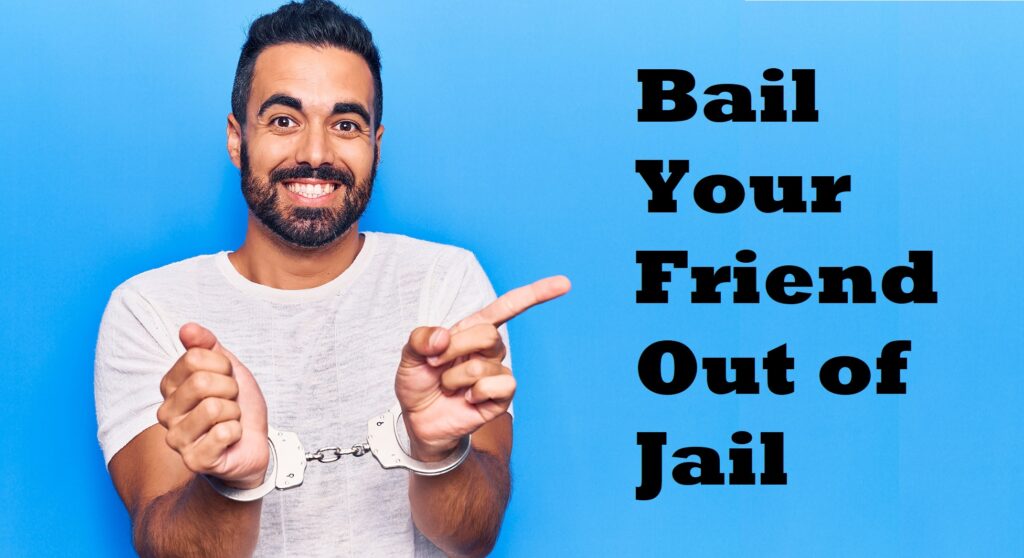Nothing can prepare you for that late-night phone call when a friend is behind bars and in desperate need of your help. The confusion, fear, and uncertainty can be overwhelming, especially if you’re unfamiliar with the bail process. This blog post aims to demystify the role of bail bonds and the bail bondsman in the legal system and give you a clear understanding of a bail bond agreement. Equip yourself with this knowledge so that if the time comes, you can act swiftly and confidently to help your friend.

What is Bail?
Bail is a sum of money that acts as insurance between the defendant and the court. It’s a way for the defendant to secure their release from jail while awaiting trial. Essentially, it allows them to go back to their normal life until they’re required to appear in court. The amount of bail is determined by the judge, taking into consideration the nature of the crime, the defendant’s criminal history, and any flight risk they may pose.
What are Bail Bonds?
Bail bonds are a form of surety bond provided by a bail bondsman to secure the release of a defendant. In simpler terms, it’s an agreement between three parties: the defendant, the court, and the bail bondsman. The bail bondsman agrees to pay the full amount of bail if the defendant fails to show up for their court appearance. In return, the defendant pays a percentage of the total bail amount to the bail bondsman, usually 10% to 15%. This fee is non-refundable as it’s considered payment for services rendered.
The Role of a Bail Bondsman
A bail bondsman is a licensed individual or agency that specializes in providing bail bonds to defendants. They act as a liaison between the defendant and the court, ensuring that the defendant complies with all necessary requirements for their release. Bail bondsmen also have the authority to track down and bring back any defendants who fail to appear in court.
Understanding a Bail Bond Agreement
A bail bond agreement is a legal contract between the defendant, the court, and the bail bondsman. It outlines all the terms and conditions for securing the release of the defendant, as well as their responsibilities while out on bail. Before signing this agreement, make sure you read and understand all the terms carefully. If there’s anything you don’t understand or agree with, speak up and seek clarification. Don’t sign anything until you’re completely comfortable with the terms.
What Happens if the Defendant Fails to Appear in Court?
If the defendant fails to show up for their court appearance, the bail bondsman has a legal obligation to pay the full amount of bail to the court. In this case, they will use any means necessary to locate and bring back the defendant, including hiring a bounty hunter. The bail bond agreement also allows the bail bondsman to seize any collateral provided by the defendant, such as property or assets.
Final Thoughts
Dealing with a friend’s arrest and subsequent need for bail can be a daunting and emotional experience. However, understanding the process of obtaining a bail bond and the responsibilities involved can help ease some of the stress. Remember to always seek professional legal advice and carefully read and understand all agreements before signing them. With this knowledge, you can confidently support your friend in their time of need. Let’s hope that you’ll never have to use it! So, stay informed, stay prepared, and be there for your friend if the situation ever arises. After all, true friends stick together even in the toughest of times. So, let’s hope you never have to use this knowledge and instead continue to make lasting memories with your friend.
Your friend will be grateful for your support during their difficult time. Contact Woods Bail Bonds at 317-876-9600 for speedy and secure bail bond service in Indianapolis and its surrounding counties. We also offer pre-arranged bail for arrest warrants.
Related Posts:
What You Need to Know Before Bailing Out a Friend
Bail Bond Cosigner Liability Information You Need to Know
Which Jail is My Friend Being Held At?



